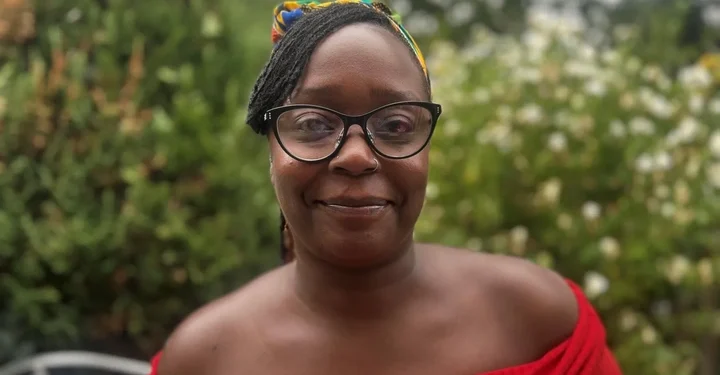East London’s Leasuwanna Griffith reveals how her HIV diagnosis transformed her life, while spotlighting the urgent need for inclusive HIV support for Black Caribbean women.
When Leasuwanna Griffith, an East London mother, discovered she was HIV-positive while pregnant in 2003, her world seemed to collapse. Yet, what should have broken her instead reshaped her into a stronger, more compassionate woman with a renewed sense of purpose.
“I was destined to be a menace to society,” Griffith recalls of her younger years. “Getting HIV calmed me down. It made me more aware of other people and their feelings. It humbled me in a good way.”
Her journey reflects not only the personal transformation she underwent but also the systemic gaps that continue to affect women like her—Black Caribbean women living with HIV in the UK.
ALSO READ: BREAKING: Body of 55-Year-Old Man Found Inside Car at National Assembly Gate
The Shock of a Diagnosis
An HIV diagnosis is often accompanied by fear, stigma, and uncertainty. For Griffith, being pregnant at the time intensified her anxiety. She feared for her child, her health, and her future.
“The hardest part wasn’t the virus—it was the silence and the stigma,” she says.
The Struggle of Being Overlooked
In the early 2000s, the UK’s HIV support networks were largely structured around gay men and African communities. While vital, these services often left Caribbean women like Griffith without representation or tailored support.
“The options were for gay men or African communities. There was nothing revolving around my culture as a Caribbean woman, so we just chugged along,” she explains.
Her experience highlights a wider problem: the invisibility of certain cultural groups in HIV support systems. Without culturally specific services, many women face isolation, stigma, and a lack of safe spaces where they can speak openly.
From Brokenness to Breakthrough
Despite these challenges, Griffith found unexpected strength through her diagnosis. What began as devastation turned into a rebirth of character and purpose.
“Before HIV, I didn’t care about anyone’s feelings. I was angry, reckless, and lost,” she admits. “But after my diagnosis, everything changed. I became softer, more compassionate, more aware.”
Her transformation demonstrates the power of adversity to spark growth, self-awareness, and resilience.
Redefining What It Means to Live with HIV
Today, Griffith is unapologetic about her status. Instead of seeing HIV as a curse, she embraces it as a teacher that gave her direction and compassion.
“I’m not ashamed,” she asserts. “HIV gave me life—it didn’t take it away.”
Her story challenges misconceptions and pushes back against the stigma that often silences women living with HIV.
The Call for Inclusive HIV Support
Griffith’s experience underscores a vital truth: HIV services must be inclusive and culturally sensitive. Black Caribbean women, in particular, are too often left on the margins of healthcare conversations.
Her story is not just personal—it’s political. It calls on policymakers, healthcare providers, and community leaders to ensure no group is overlooked. For women like Griffith, representation is not just about identity; it’s about survival, dignity, and empowerment.
A Story of Strength and Hope
From a troubled past to becoming a voice of resilience, Griffith proves that even the harshest realities can lead to renewal. Her life is a reminder that HIV is no longer a death sentence—but stigma can still be.
Her journey is not just about surviving HIV—it’s about thriving despite it, and demanding a world where every woman has access to the support she deserves.


